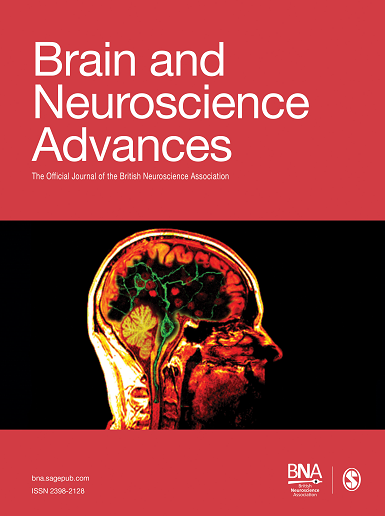Place your votes: BNA Council & Committee elections
22nd July 2024
29th Apr 2021
Last autumn, the BNA issued a call to the neuroscience community for their views on Journal Impact Factor (JIF) and peer review, to help inform the development of our society-owned Journal, Brain and Neuroscience Advances. 
The findings, published as an Editorial in the Journal, highlight that, despite ongoing efforts to reduce JIF's use as a quality measure for research, neuroscientists continue to consider it important when thinking about where to publish their work.
This was particularly common among Early Career Researchers, a greater proportion of whom considered JIF important compared to other career stages.
The BNA is a signatory of the San Francisco Declaration on Research Assessment, DORA, which stresses the need to assess research on its own merits, rather than on the basis of where the research is published and its associated JIF. Support for DORA continues to grow, with 223 organisations in the UK signed up to date, and 2200 worldwide.
Encouragingly, a clear majority of respondents were opposed to any suggestion that the BNA Journal actively and strategically takes steps to increase its JIF, e.g. by discouraging less popular topics or encouraging self-citations.
However, nearly half of respondents to our survey would be happy for the Journal to use JIF as a promotional tool. This is despite DORA encouraging publishers to either stop promoting JIF altogether, or at most only present JIF alongside other journal-based metrics to provide ‘a richer view of journal performance’.
The acceptance of JIF promotion may reflect the overall importance respondents still felt JIF holds for neuroscience researchers - 77% considered JIF either important or very important when considering where to submit an article.
Our survey also put forward possible alternatives to the Journal's current peer review model, with the view to updating it.
Each of the alternatives put to neuroscientists - double blind review, open review, transparent review - carried broad support, with double blind and transparent review marginally more preferred. Incorporating forms of peer review that seek to reduce potential biases as much as possible will help to build greater credibility in neuroscience.
BNA President Professor Rik Henson commented: "Our survey provides a sense-check on neuroscientists' current attitudes on Journal Impact Factor and peer review. Our findings further underline why initiatives such as DORA, and more recently the Hong Kong Principles, are important to help improve the research environment in which neuroscientists operate."
Brain and Neuroscience Advances Editor-in-Chief, Professor Jeff Dalley, commented: "The findings of this survey make clear that Journal Impact Factor is still viewed as important by neuroscientists, particularly Early Career Researchers. Brain and Neuroscience Advances respects this outcome but will continually strive to promote less biased indices of research contribution and quality. The Journal will also press ahead with changes to its peer review model, buoyed by the support for double-blind review and greater transparency."
We would like to thank everyone that took time to participate in our survey. To view the results, please view: